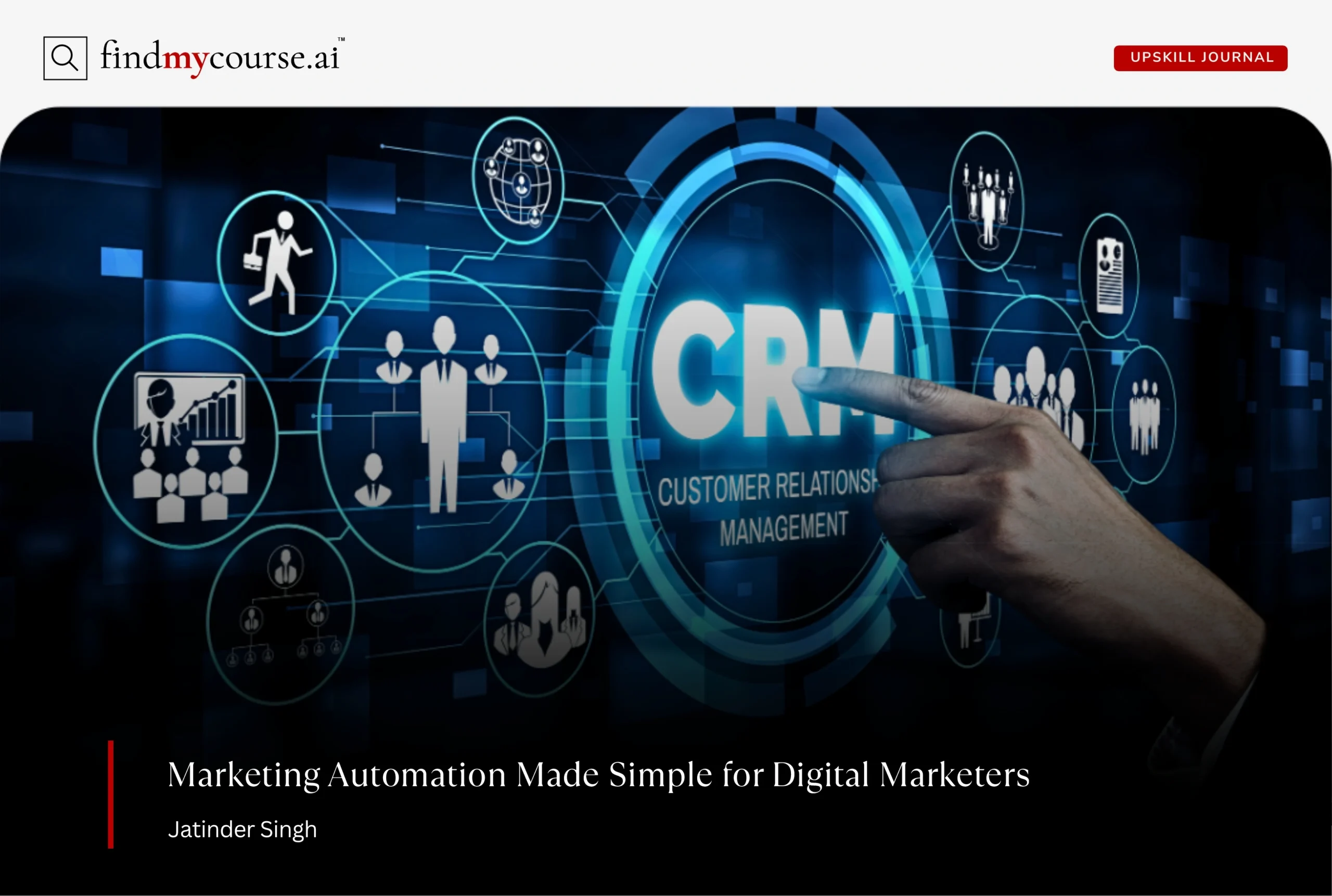Imagine being at the center of decision-making in some of the world’s most innovative organizations—helping them predict trends, optimize operations, and also uncover insights hidden in mountains of data. That’s the power of a career in data science in 2026. Today, businesses don’t just want employees who can crunch numbers—they also need problem-solvers who can turn data into strategy, innovation, and growth. Moreover, with the explosion of AI, machine learning, and cloud-based analytics, data science has become a multi-faceted field offering a spectrum of career paths—from hands-on technical roles to leadership positions shaping organizational strategy. Whether you are just starting out or seeking to pivot into a high-impact role, this guide will take you through every stage of a data science career paths and help you navigate your journey with clarity and confidence.
Why Data Science Career Paths Are in High Demand
The need for skilled data science professionals continues to grow across industries. Organizations of all sizes increasingly rely on data to make smarter decisions, optimize operations, and stay competitive. So, this makes 2026 an ideal time to explore data science career paths and position yourself for long-term success.
- Job Growth: Data science remains one of the fastest-growing career fields. Professionals with expertise in machine learning, AI, and analytics are particularly sought after, and this demand is expected to continue rising in the coming years.
- Salary Potential: Entry-level roles offer competitive starting salaries, while mid-to-senior positions can command six-figure compensation depending on specialization, experience, and industry.
- Cross-Industry Opportunities: Data science is no longer confined to technology companies. Healthcare, finance, retail, energy, and government all actively seek skilled professionals, allowing you to pursue a career path that aligns with your interests.
Therefore, the combination of rapid job growth, strong earning potential, and diverse industry opportunities makes data science an exceptionally appealing field for ambitious learners ready to upskill and grow.
Exploring the Landscape of Data Science Career Paths
Data science is a unique blend of statistics, programming, and domain knowledge. It’s not just about analyzing numbers—it’s about telling stories with data and creating actionable insights that drive decisions. The career paths in data science are as diverse as the industries they serve, ranging from technical and analytical roles to strategic leadership positions.
Entry-Level Opportunities
For beginners, entry-level roles are the perfect gateway into the field:
| Role | Key Responsibilities | Required Qualifications | Average Global Salary |
| Data Analyst | – Transform raw data into actionable insights- Utilize tools like Excel, SQL, and data visualization platforms- Support decision-making processes | – Bachelor’s degree in Statistics, Mathematics, Computer Science, or related field- Proficiency in SQL, Excel, and data visualization tools | $69,639 per year |
| Junior Data Scientist | – Assist in building predictive models- Analyze datasets using statistical methods- Collaborate with senior data scientists on projects | – Bachelor’s or Master’s degree in Data Science, Computer Science, or related field- Knowledge of Python/R, machine learning algorithms, and statistics | $82,281 per year |
| Data Engineer | – Design, construct, and maintain data pipelines- Ensure data accessibility and reliability- Work with big data technologies and cloud platforms | – Bachelor’s degree in Computer Science, Engineering, or related field- Expertise in SQL, Python, ETL processes, and cloud platforms like AWS or Azure | $99,048 per year |
Entry-level data science career paths provide hands-on experience and a chance to understand the practical challenges of working with data. They also serve as stepping stones toward more specialized positions.
Mid-Level Roles: Expanding Impact
After gaining experience, professionals often transition into mid-level roles that combine technical expertise with strategic influence:
| Role | Key Responsibilities | Required Qualifications | Average Global Salary |
| Data Scientist | – Design and implement predictive models- Perform advanced analytics and uncover complex patterns- Collaborate with business teams to solve problems | – Bachelor’s or Master’s in Data Science, Computer Science, Statistics, or related field- Strong programming skills (Python/R), machine learning, and statistics | $113,000 per year |
| Machine Learning Engineer | – Productionize machine learning models- Create algorithms that allow systems to learn from data- Optimize AI solutions for performance and scalability | – Bachelor’s or Master’s in Computer Science, AI, or related field- Expertise in Python, ML frameworks (TensorFlow, PyTorch), and cloud deployment | $120,000 per year |
| Business Intelligence Analyst | – Translate data into actionable business strategies- Develop dashboards and reports- Work closely with stakeholders to guide decision-making | – Bachelor’s degree in Business Analytics, Data Science, or related field- Proficiency in BI tools (Power BI, Tableau), SQL, and data visualization | $85,000 per year |
Mid-level data science career paths not only deepen your technical skillset but also build your influence across business units. They allow you to impact decisions while preparing for leadership opportunities.
Senior-Level Roles: Leading the Way
Seasoned data professionals can aspire to senior positions that blend technical mastery with leadership and strategy:
| Role | Key Responsibilities | Required Qualifications | Average Global Salary |
| Data Science Manager | – Lead and mentor a team of data professionals- Oversee projects and ensure alignment with business goals- Manage resources and timelines | – Bachelor’s or Master’s in Data Science, Computer Science, or related field- Strong leadership, communication, and project management skills | $135,000 per year |
| Chief Data Officer (CDO) | – Define and oversee organization-wide data strategy- Ensure data governance, compliance, and ethical use- Collaborate with executive leadership | – Advanced degree (Master’s or MBA preferred) in Data Science, Business, or related field- Executive-level experience in data strategy and leadership | $180,000 per year |
| AI Researcher | – Conduct cutting-edge AI and machine learning research- Develop innovative models and algorithms- Publish research and contribute to scientific advancements | – PhD or Master’s in AI, Machine Learning, Computer Science, or related field- Strong background in research, programming, and advanced algorithms | $140,000 per year |
At this stage, your influence extends beyond day-to-day projects—you shape how data drives strategy, innovation, and organizational growth.
Charting Your Data Science Career Path
Choosing the right data science career path involves introspection, planning, and proactive skill-building:
- Identify Your Interests: Are you drawn to building models, designing systems, or interpreting business trends? Your focus will shape your career trajectory.
- Acquire Core Skills: Programming, statistics, data visualization, and domain-specific knowledge are essential across all roles.
- Gain Practical Experience: Projects, internships, or freelance work help you apply theoretical knowledge to real-world problems.
- Seek Guidance: Mentorship provides direction, accelerates learning, and opens doors to opportunities you might not discover alone.
- Adapt and Evolve: As technologies advance, new roles emerge. Staying curious and adaptable ensures long-term growth and relevance.
By approaching your career intentionally, you can navigate the data science landscape effectively, progressing from foundational roles to leadership positions while continually refining your expertise.
Conclusion
The field of data science offers a spectrum of career paths, each with unique challenges, rewards, and growth potential. From data analysts to AI researchers, the possibilities are vast, allowing you to align your professional journey with your skills and passions. By embracing continuous learning, upskilling strategically, and staying informed about industry trends, you can carve out a fulfilling, high-impact career. The journey may require effort and dedication, but in return, you gain the opportunity to shape decisions, drive innovation, and make a tangible difference in an increasingly data-driven world.


